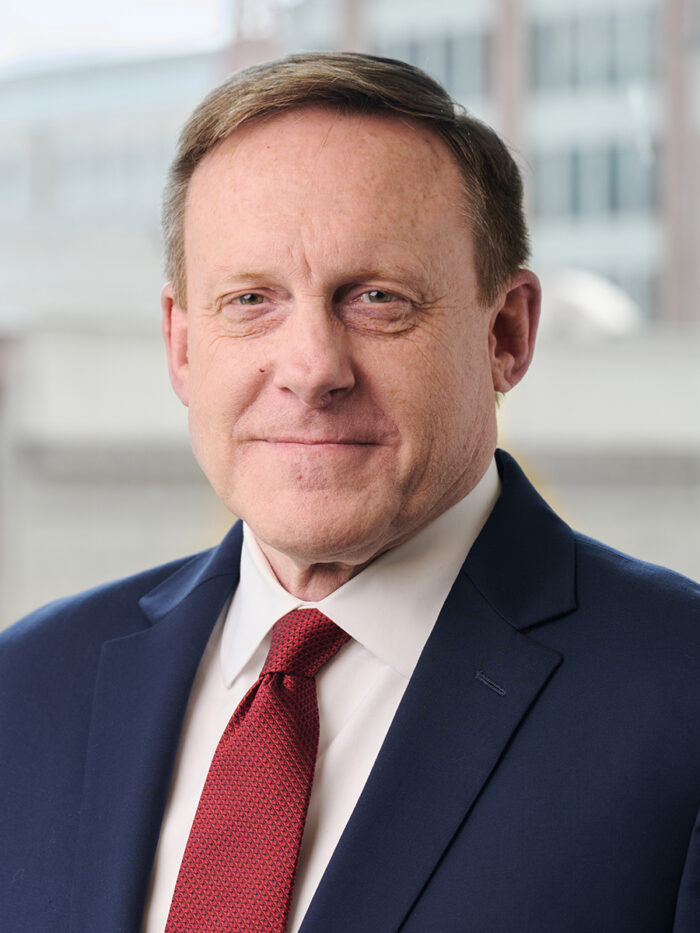Admiral Michael Rogers
Senior Advisor

Admiral Rogers joined Brunswick in July 2019 following a 37 year career in the U.S. Navy and is a senior advisor to the firm in the areas of cyber security, privacy, geopolitics, technology and intelligence as well as crisis management and the challenges of leading large organizations in a democratic society in the digital age.
Mike retired from the Navy in 2018 after rising to the rank of four star admiral. He culminated his career with a four plus year stint serving simultaneously as Commander, U.S. Cyber Command and Director, National Security Agency – creating the U.S. Department of Defense’s (DoD) then newest large war fighting organization and leading the U.S. government’s largest intelligence organization. In those roles he worked extensively with the leadership of the U.S. government, the DoD, and the U.S. Intelligence community as well as their international counterparts in the conduct of cyber and intelligence activity across the globe. He also assisted in the development of national and international policy with respect to cyber, intelligence and technology – including extensive work with corporate leadership in the finance, IT, telecommunications and technology sectors.
Mike is a graduate of Auburn University and also holds a Masters of Science in National Security. He is a distinguished graduate of the National War College and a graduate of highest distinction from the Naval War College. He is also an MIT Seminar XXI fellow and a Harvard Senior Executive in National Security alum.